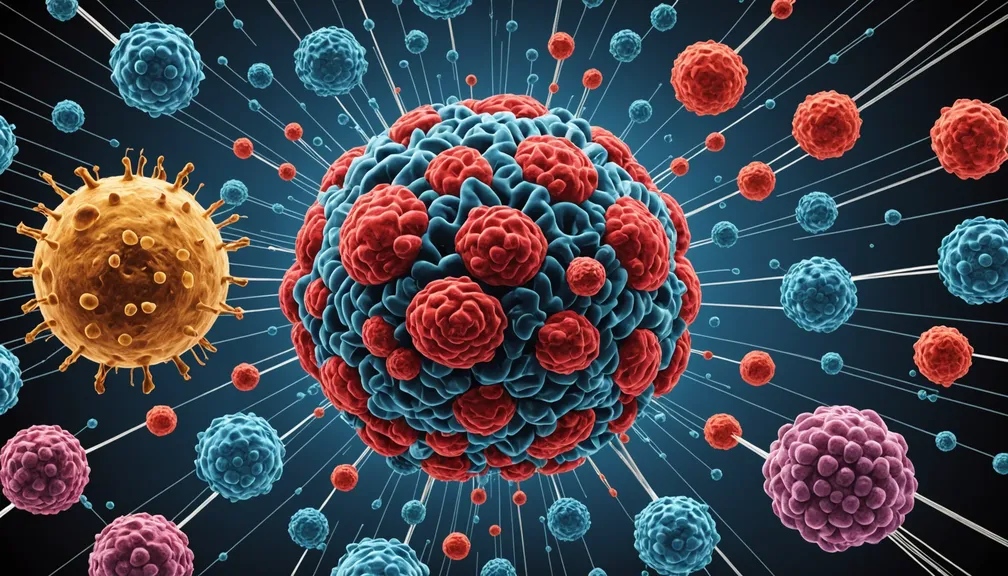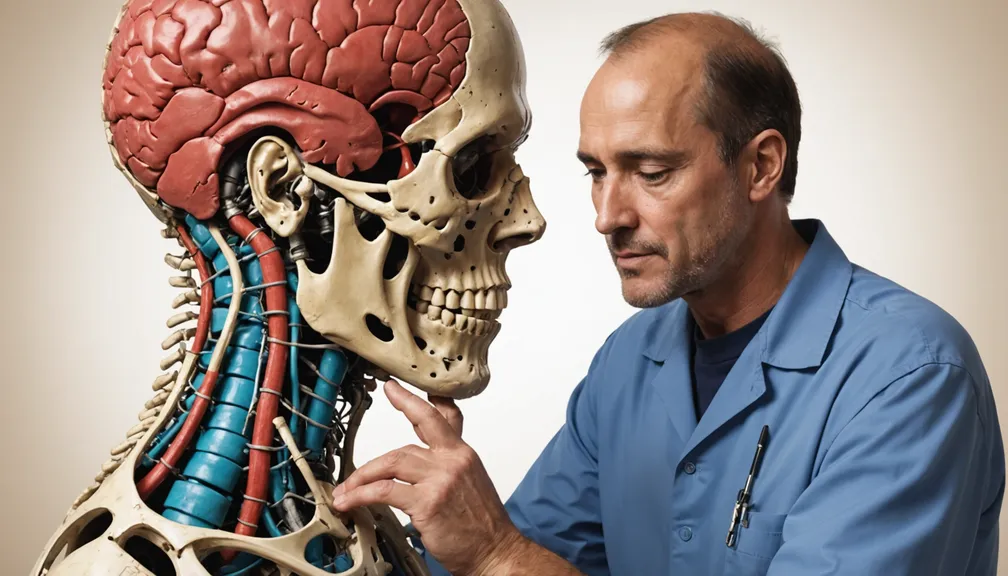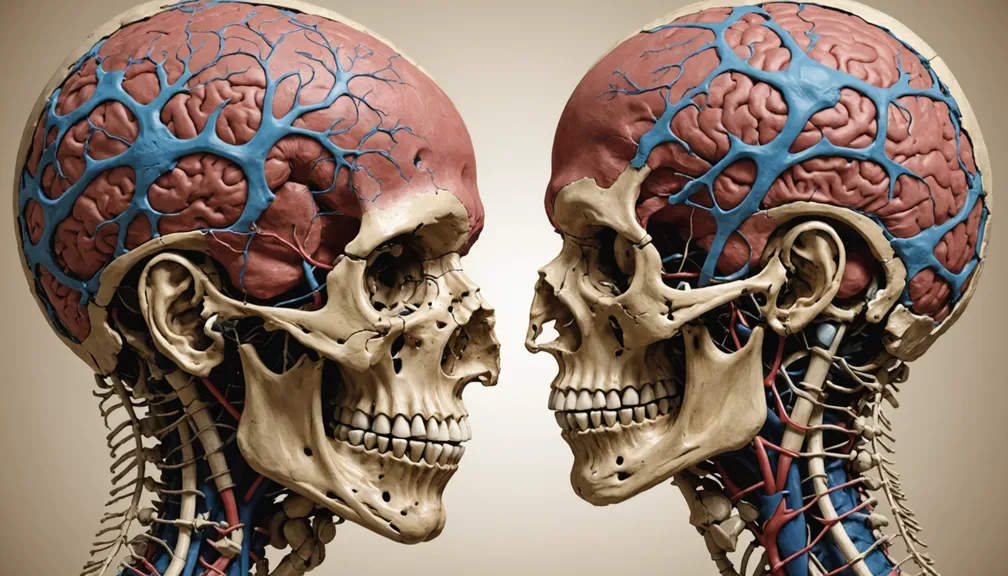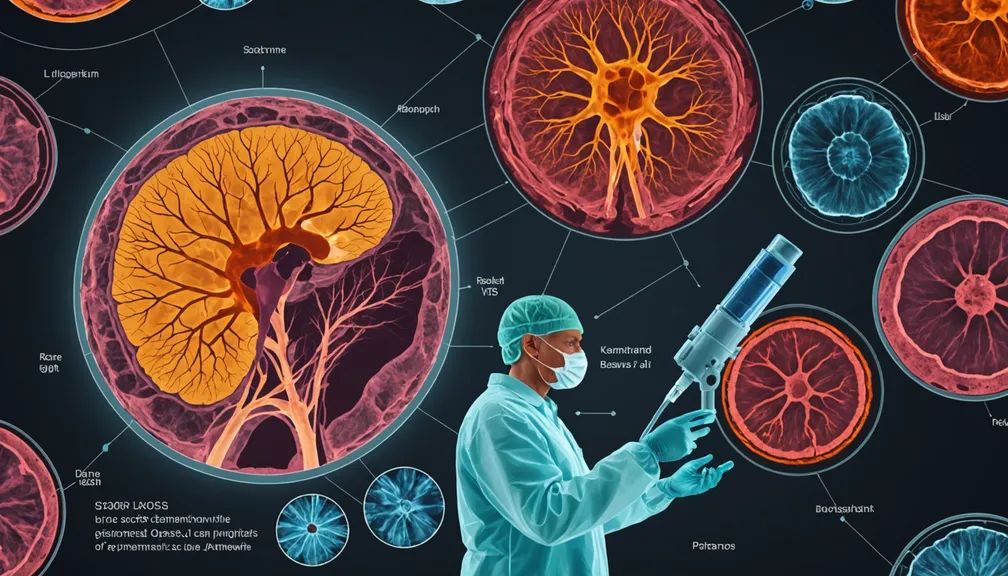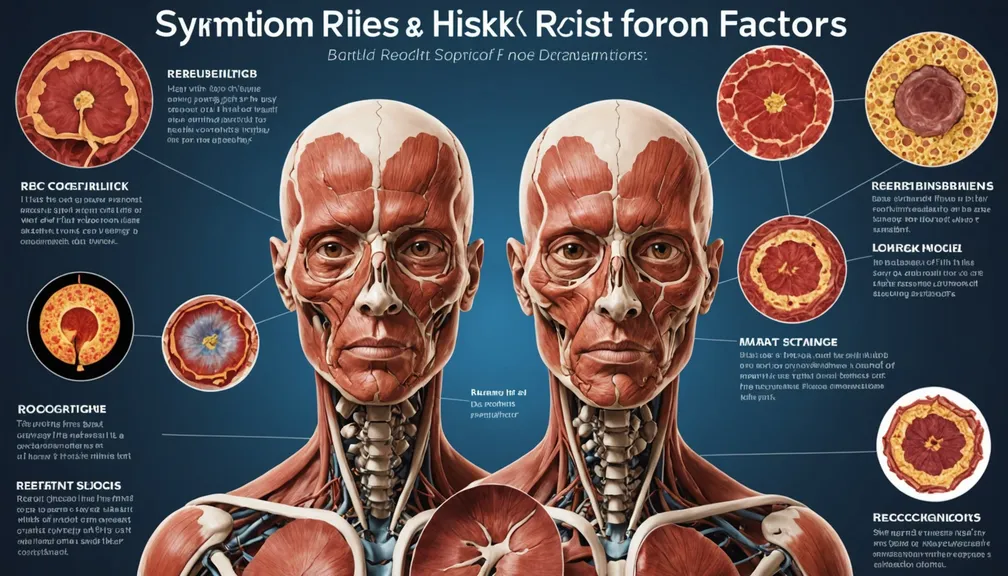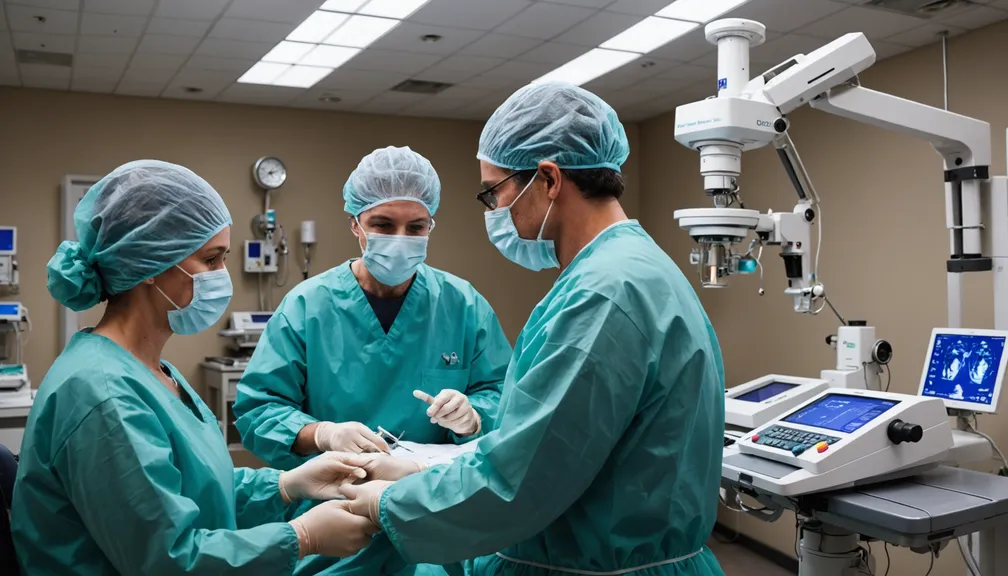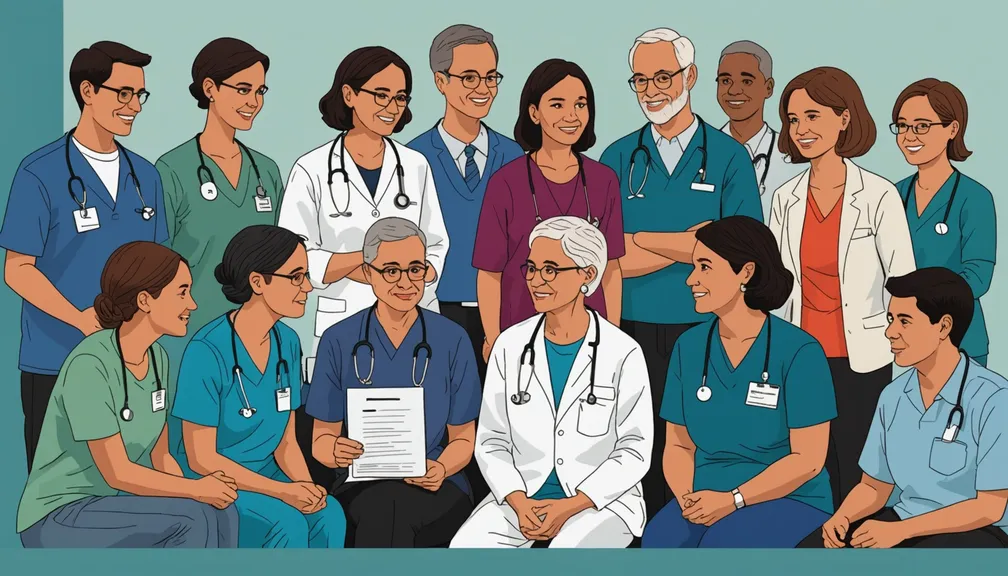Rehabilitation and Recovery: Physical and Emotional Healing
Recovering from a rare solid tumor involves both physical and emotional healing. Understanding the rehabilitation process can help you navigate this journey with confidence and support.
Physical Healing
Physical Therapy
Physical therapy plays a crucial role in restoring strength and mobility after treatment. A physical therapist can help you: - Regain muscle strength and flexibility - Improve balance and coordination - Reduce pain and prevent future injuries
Occupational Therapy
Occupational therapy focuses on helping you perform daily activities with ease. An occupational therapist can assist you in: - Adapting your home and workplace for accessibility - Learning new techniques to complete everyday tasks - Enhancing fine motor skills and hand-eye coordination
Pain Management
Managing pain effectively is essential for recovery. Strategies include: - Medications: Prescribed pain relievers to control discomfort - Physical Modalities: Techniques like heat therapy, cold therapy, and electrical stimulation - Alternative Therapies: Acupuncture, massage therapy, and relaxation exercises
Nutrition and Diet
A balanced diet supports healing and overall health. Consider the following: - Nutrient-Rich Foods: Incorporate fruits, vegetables, lean proteins, and whole grains - Hydration: Drink plenty of fluids to stay hydrated - Supplements: Consult your healthcare provider about vitamins or supplements that may be beneficial
Exercise and Activity
Regular physical activity aids recovery by: - Enhancing cardiovascular health - Building muscle strength - Improving mental well-being
Be sure to consult with your healthcare team before starting any exercise program.
Emotional Healing
Psychological Support
Emotional well-being is as important as physical health. Psychological support can help you: - Cope with anxiety and stress - Address feelings of sadness or depression - Develop resilience and a positive outlook
Counseling and Therapy
Professional counseling provides a safe space to express your emotions. Types of therapy include: - Individual Therapy: One-on-one sessions with a counselor - Group Therapy: Sharing experiences with others facing similar challenges - Cognitive Behavioral Therapy (CBT): Techniques to change negative thought patterns
Support Groups
Connecting with others can offer comfort and understanding. Support groups can: - Provide a sense of community - Share practical advice and strategies - Reduce feelings of isolation
Mindfulness and Relaxation Techniques
Incorporating mindfulness practices can enhance emotional healing by: - Reducing stress and anxiety - Improving focus and concentration - Promoting a sense of calm and well-being
Techniques include meditation, deep breathing exercises, and yoga.
Building a Support Network
Having a strong support network is vital for recovery. Consider the following: - Family and Friends: Lean on loved ones for emotional and practical support - Support Groups: Join communities of individuals with similar experiences - Healthcare Team: Communicate openly with your doctors and therapists
Types of Health Professionals Who Can Help
A multidisciplinary team can provide comprehensive care during your recovery:
- Oncologist: Specialist in cancer treatment and management
- Physical Therapist: Helps restore movement and function
- Occupational Therapist: Assists with adapting daily activities
- Pain Specialist: Manages chronic pain effectively
- Nutritionist/Dietitian: Plans a diet to support healing
- Psychologist or Counselor: Offers mental health support
- Social Worker: Provides resources and assistance with practical needs
- Support Group Facilitator: Leads group sessions for shared support
Tips for Loved Ones Supporting Patients
Supporting someone with a rare solid tumor involves understanding and compassion. Here are some ways to help: - Listen Actively: Be present and listen without judgment - Offer Practical Help: Assist with household tasks, transportation, or appointments - Encourage Healthy Habits: Support diet, exercise, and relaxation routines - Respect Their Emotions: Acknowledge their feelings and provide reassurance - Stay Informed: Learn about the condition to better understand their experience - Take Care of Yourself: Ensure you maintain your own well-being to provide effective support
Recovering from a rare solid tumor is a comprehensive process that addresses both physical and emotional aspects. By utilizing the available resources and support systems, you can enhance your healing journey and achieve a better quality of life.
